Filter by
The language used throughout the course, in both instruction and assessments.
Choose the Next Generation Sequencing Course That Aligns Best With Your Educational Goals
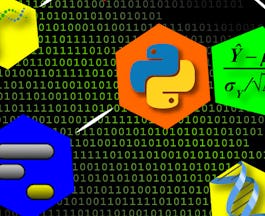
Johns Hopkins University
Skills you'll gain: Bioinformatics, Computer Programming, Data Analysis, Python Programming, Computational Thinking, General Statistics, Exploratory Data Analysis, R Programming, Data Analysis Software, Algorithms, Computer Programming Tools, Biostatistics, Statistical Analysis, Programming Principles, Probability & Statistics, Statistical Tests, Data Structures, Operating Systems, Research and Design, Big Data, Computational Logic, Problem Solving, Statistical Programming, Experiment, Correlation And Dependence
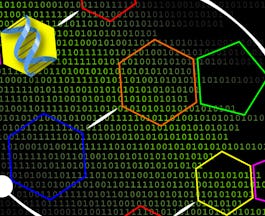
Johns Hopkins University
Skills you'll gain: Bioinformatics, Data Analysis, Biostatistics, Computational Thinking, General Statistics, Research and Design, Big Data, Experiment, Statistical Analysis, Data Analysis Software
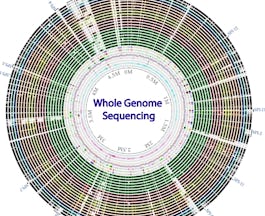 Status: Free
Status: FreeTechnical University of Denmark (DTU)
Skills you'll gain: Bioinformatics
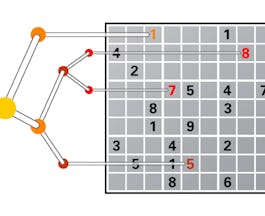 Status: Free
Status: FreeThe University of Melbourne
Skills you'll gain: Algorithms, Computer Programming, Python Programming
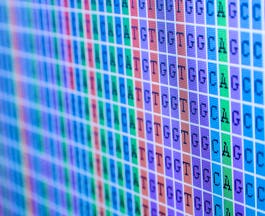
University of Toronto
Skills you'll gain: Bioinformatics, Probability & Statistics
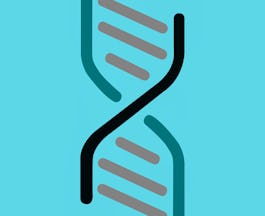
University of Illinois at Urbana-Champaign
 Status: Free
Status: FreeUniversity of Copenhagen
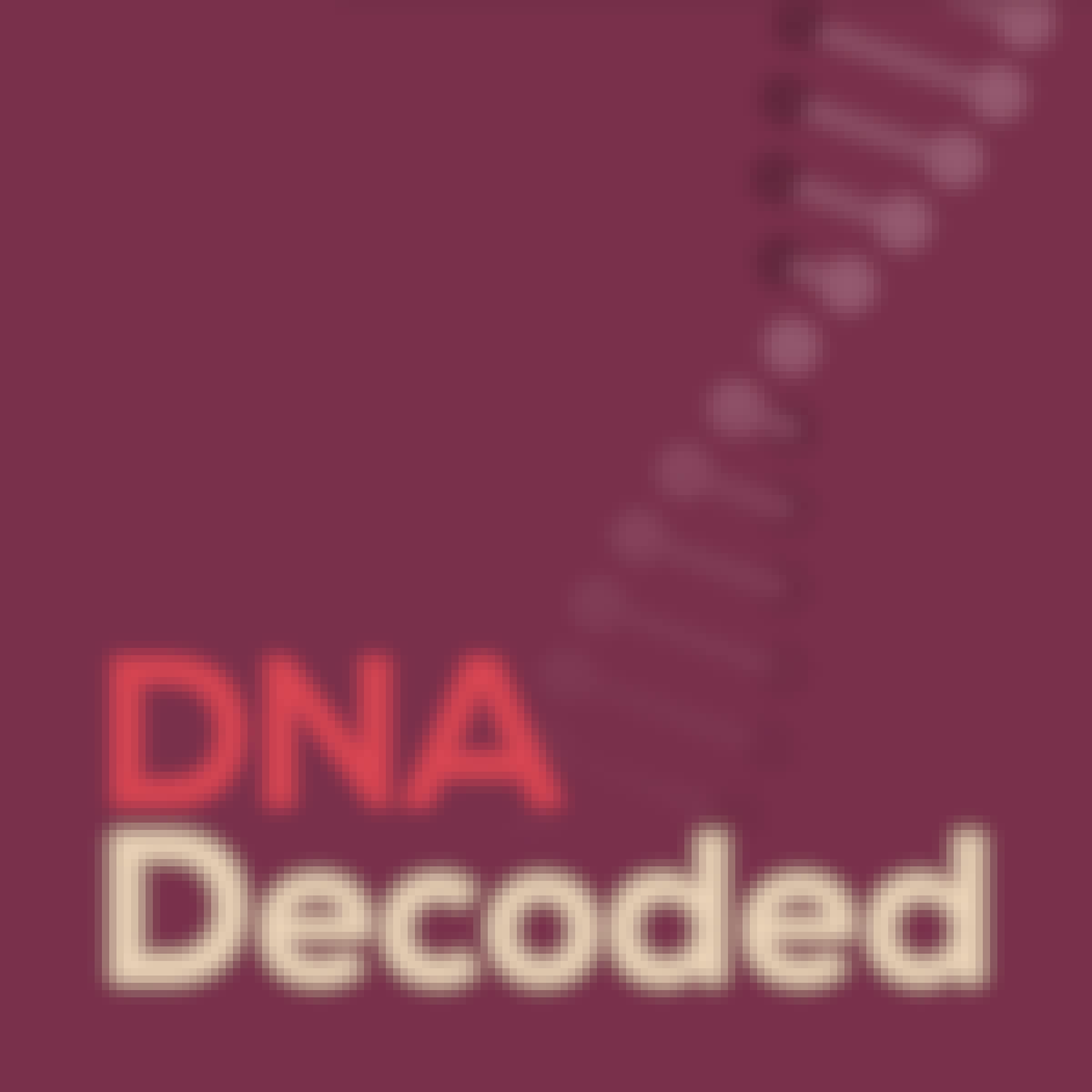
McMaster University
 Status: Free
Status: FreePeking University
Skills you'll gain: Bioinformatics

The State University of New York
Skills you'll gain: Big Data, Bioinformatics, Data Analysis, Data Analysis Software, Statistical Programming, Algorithms, Exploratory Data Analysis
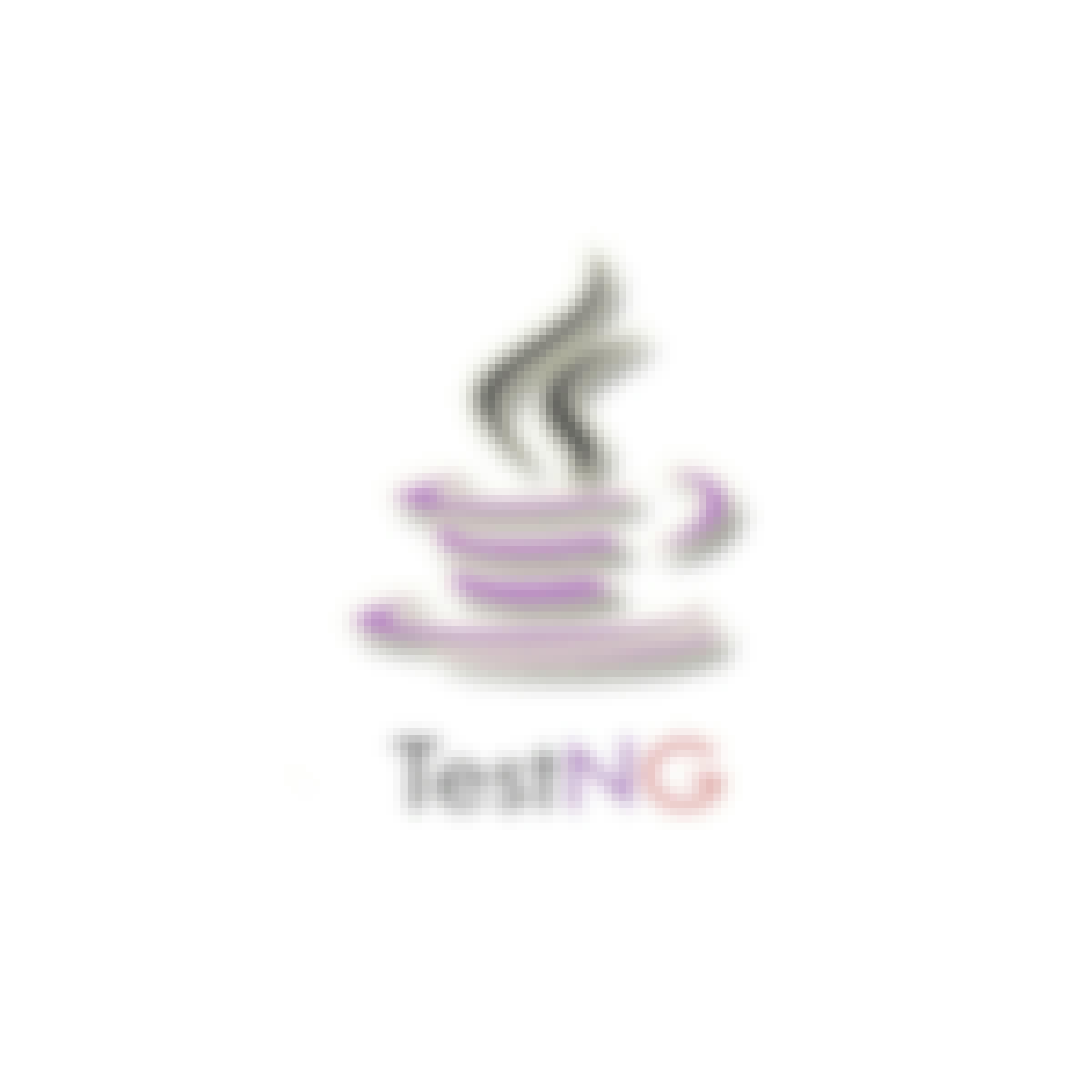
Coursera Project Network

Coursera Project Network
In summary, here are 10 of our most popular next generation sequencing courses
- Genomic Data Science: Johns Hopkins University
- Introduction to Genomic Technologies: Johns Hopkins University
- Whole genome sequencing of bacterial genomes - tools and applications: Technical University of Denmark (DTU)
- Discrete Optimization: The University of Melbourne
- Bioinformatic Methods I: University of Toronto
- Genomics: Decoding the Universal Language of Life: University of Illinois at Urbana-Champaign
- Personalised Medicine from a Nordic Perspective: University of Copenhagen
- DNA Decoded: McMaster University
- Bioinformatics: Introduction and Methods 生物信息学: 导论与方法: Peking University
- Big Data, Genes, and Medicine: The State University of New York










